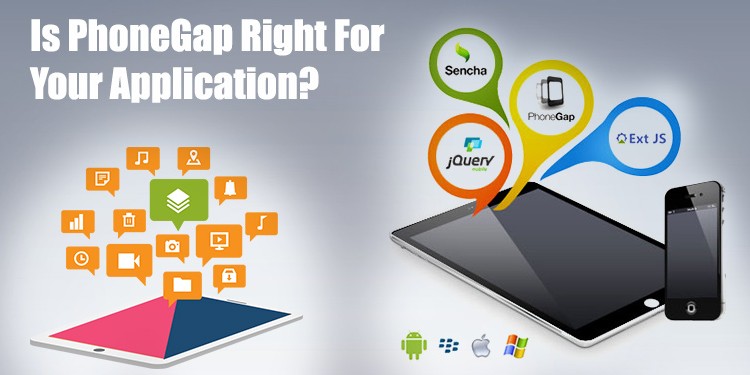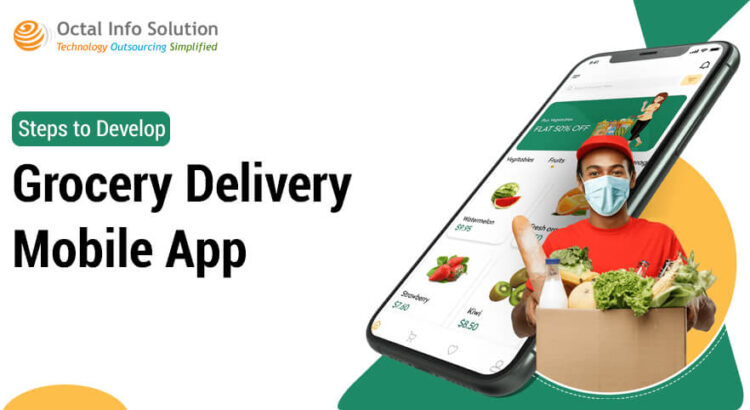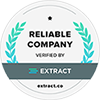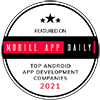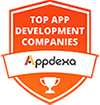There has always been a debate between which is better: Hybrid apps or Native apps.
Developers for long have voiced their opinion that hybrid can never match the performance of a native app, and Mark Zukerburg, the co-founder and CEO of Facebook, said that using HTML5 for mobile app of Facebook was its worst mistake.
(Facebook’s mobile app was a hybrid one until 2012.)
That being said, there are many advantages of hybrid applications and thus, at many instances PhoneGap can be a savior in the app development process. The devil lies in the details so let’s find the devil.
What is PhoneGap?
This section is for you if you aren’t sure what PhoneGap is.
It is an application container technology that allows developers to create mobile applications by using HTML, Javascript, and CSS. These applications can be installed from app store just like the native ones. As the web development languages are cross-platform, the app supports all OS platforms, such as iOS, Android, BlackBerry 10, and Windows.
In short, PhoneGap is a wrapper to give native capabilities to your web app written in HTML, CSS, and Javascript.
Why PhoneGap?
1. It saves time.
2. You need to manage just one project for multiple platforms.
3. Compatible with all screen-sizes.
4. Runs through embedded full-screen web-browser (UI of PhoneGap is a browser to render the language of application but it is not Chrome or Safari).
5. Only small native-code need to be maintained per platform. The main content lies on web server, and thus serves the need of an app for all platforms.
6. PhoneGap API manages communication with many native features like contacts, accelerometer, camera, music etc.
PhoneGap UI as a full-screen web browser that renders HTML code to show the app’s content. On iOS, the embedded web browser is Objective-C UIWebView class and on Android, this is android.webkit.WebView.
What about Web Apps?
Hybrid apps have a similar appearance to web apps. The only difference is hybrid apps have native container, and thus they are natively-installed while web app are accessed through OS’s web browsers, such as chrome or safari. The reason why the latter is called Web apps and not websites is that they are modeled around application interface, i.e. users can interact with web apps just like the way they interact with native applications.
Is PhoneGap Right for your app?
PhoneGap application development makes the life of developers easy, but it sacrifices on user-experience and app performance. Native applications, on the other hand, are more capable as they are written in native OS specific language, such as Objective C for iOS and Java for Android.
If your application focuses more on content than the active user interaction (ex. News aggregator), PhoneGap could be the right choice. Also, if you are hard-pressed for time and quickly want to see your idea into action across multiple mobile platforms, PhoneGap is again the framework you can bet on.
Sophisticated apps that need users to input data and involve many transitions (such as an e-commerce website) and those involving heavy use of graphics and visual-elements will perform considerably better when they are created natively.
You can go either way. It all comes down to your preferences and the kind of application you aim at developing. If you have any query you can contact us for a free consultation.


